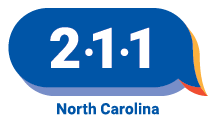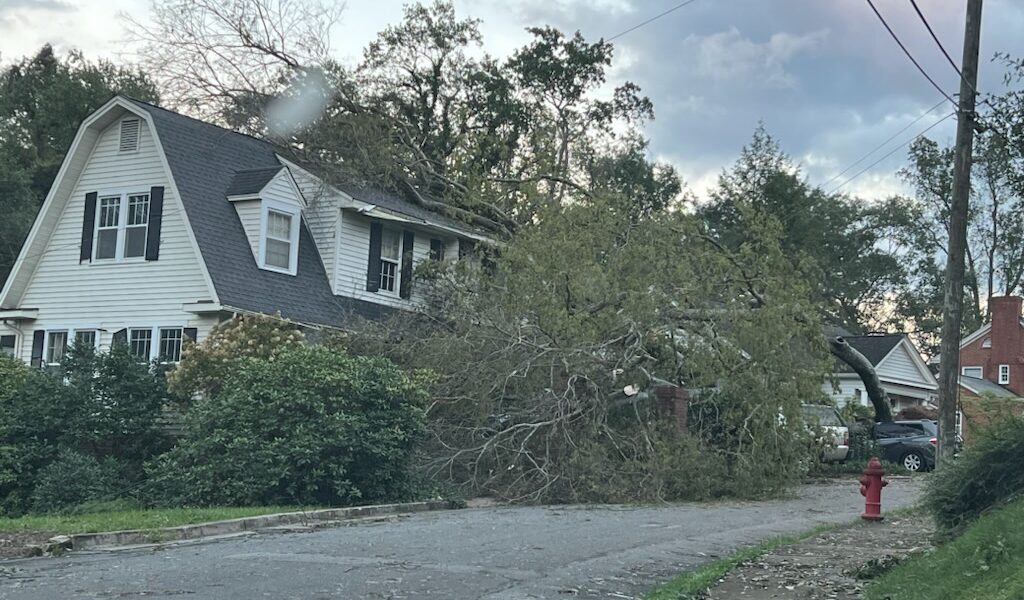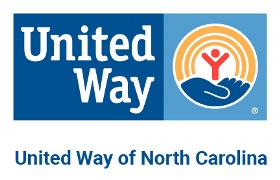Hurricane Helene
The purpose of this page is to provide information and resources to North Carolina residents and visitors who were impacted by Hurricane Helene. Additional information will be posted as it becomes available.
IMPORTANT: FEMA has begun taking applications for the Individual Assistance Program, which includes money for emergency housing at hotels, immediate recovery needs and more. Call 800-621-3362 or visit DisasterAssistance.gov for more information or to get started on an application.
WNC Helene Resources
A robust, working document of resources per county, updated regularly: Helene Response & Rebuild: WNC Resource List
- wnchelene@gmail.com
- WNC Helene Responses Facebook Page
- Instagram Page
Storm information
Hurricane Helene FAQ
I have an emergency or I need rescue. What can I do?
- Call 911 for any emergencies. While some 911 centers are down in western NC, their calls are being routed to other counties in central and eastern NC.
I have questions about food, shelter, roadways, or need other general non-emergency information. Who can I call?
- You may dial 2-1-1 for any non-emergency related questions.
I have a loved one in western NC that I cannot contact. How can I report that to get a welfare check?
- Visit unitedwaync.org to fill out a form.
Can I get around western NC? What are the road conditions?
- If you do not need to travel for an emergency reason, stay off the roadways. You can see the current roadway conditions by visiting DriveNC.Gov.
I cannot stay at my home, and I need shelter. Where can I find out what to do?
- Visit ReadyNC.Gov for sheltering information and follow your local government’s social media and website for more information.
The storm has now ended, and my home or community has damage. What is next?
- Damage assessments will be scheduled with impacted communities and counties where damage to homes, structures, and public infrastructure. This begins after any flood waters have receded and active response to life-safety hazards are completed.
How does my local government know what to do in a disaster recovery situation?
- Meetings are promptly scheduled with local jurisdictions by state officials to outline the recovery process and to plan for debris management operations as soon as emergency response efforts are completed.
What is a damage assessment and why is that important to recovery?
- The results of the damage assessments will lead to what disaster recovery avenues are eligible as outlined in state and federal law. Each state and federal disaster program are structured so that certain thresholds have to be met to determine eligibility. Damage assessments determine if those thresholds are met and what the extent on the damages are from the disaster.
My home or business had damages and I have questions. Who can I email?
- Residents with questions about the recovery process or Individual Assistance may email IARecovery@ncdps.gov.
My home has damage. Can I clean it up or must I wait for the damage assessment?
- You should take photos of the damage and document what occurred and what your losses are. Then begin the clean-up process when it is safe to do so.
When will we know what recovery programs are available for me, my family, or my community?
- This will be announced following the damage assessment process with local governments. Determinations are not a rapid process as the disaster assessments take time to ensure accuracy, which can benefit North Carolinians by activating further resources.
I need help with clean up at my home. Are there resources that can help me?
- Yes, you can contact Crisis Clean Up at (844) 965-1386 and they can potentially assist with connecting you with volunteer organizations in your area that can be a resource. Please be aware, these services end on October 11, 2024.
What does Public Assistance mean to me?
- The term Public Assistance can be misleading. This type of disaster assistance is for local, state, and tribal governments in North Carolina. This type of assistance is not for residents and property owners. Public Assistance provides reimbursement to government entities for the damages incurred and costs of the response and recovery process. Like all disaster assistance avenues, there is a damage assessment and thresholds that must be met at all levels of government as prescribed by law.
What does Individual Assistance mean to me?
- Individual Assistance is a disaster recovery avenue that provides direct financial assistance to residents and property owners whose primary residences are damaged or destroyed. This type of disaster assistance may be used for housing costs, repairs to your home, or other needs assistance which includes medical costs, funeral costs, personal property loss, and transportations etc.
I have questions or concerns about disaster recovery. Who can I contact?
- You may email IARecovery@ncdps.gov for questions or concerns about the Individual Assistance Program or disaster recovery.
How will I know what disaster recovery resources are authorized?
- By finding reputable sources of public information such as state government websites and social media, and by following your local government’s website and social media.
The roads around my community are damaged, flooded, or closed. How can I find what roads are open?
- Visit DriveNC.Gov for the most up-to-date information on roadway conditions from the North Carolina Department of Transportation. You can also follow your local government’s social media pages or websites for updated information on roadway conditions.
Source: North Carolina Department of Public Safety


